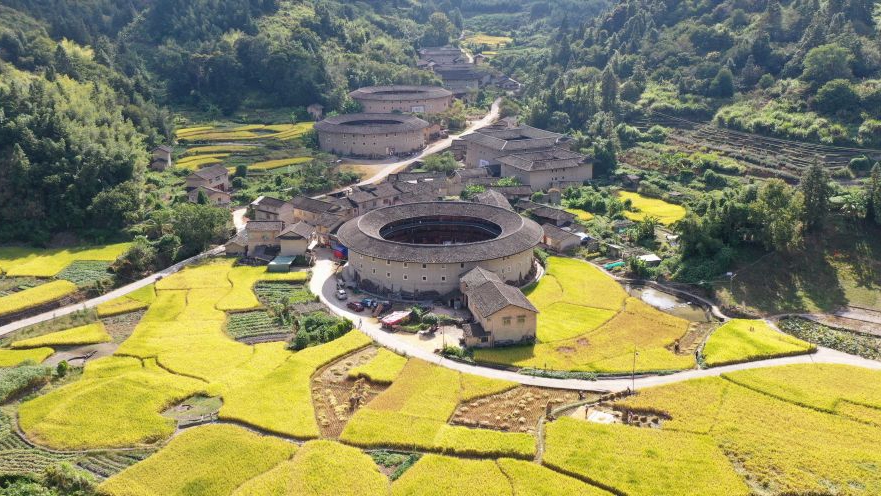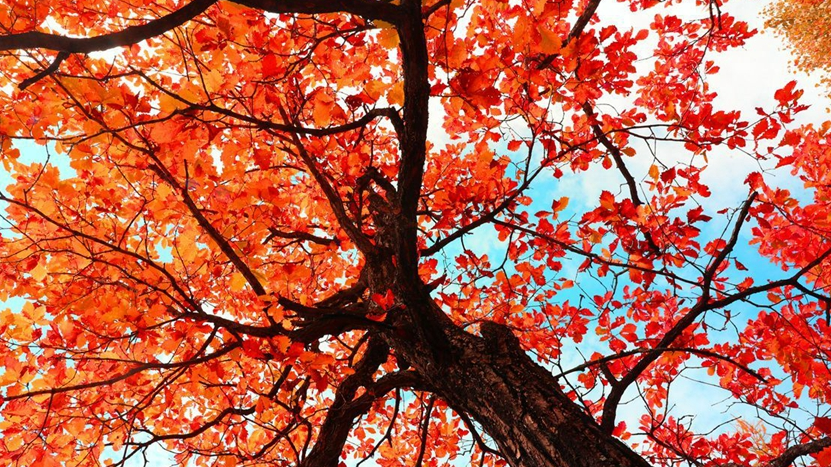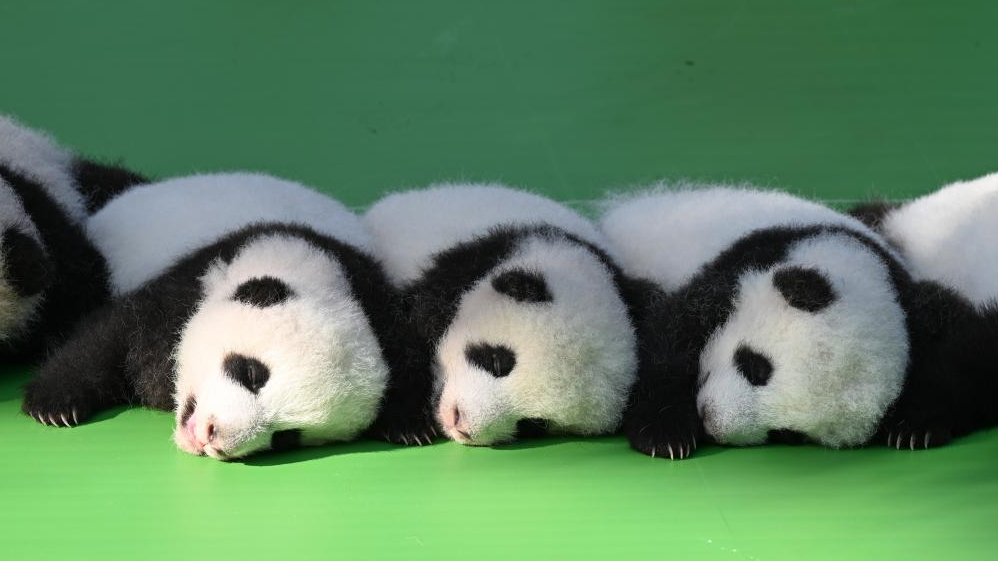Crested ibises thrive in the wild in China's Shaanxi with habitat under sound protection
"At about 5 a.m., I would arrive at the habitat of the crested ibises to see where the birds were flying to; at noon, I would take a walk along the river, reminding tourists to carry their rubbish away with them in case the birds accidentally eat the garbage; at 8 p.m., I would record the number of crested ibises inhabiting this area. It has become a part of my daily routine to check on the birds," said Gong Gaobing, a farmer from Caihe village, Miaowan township, Tongchuan city, northwest China's Shaanxi Province.
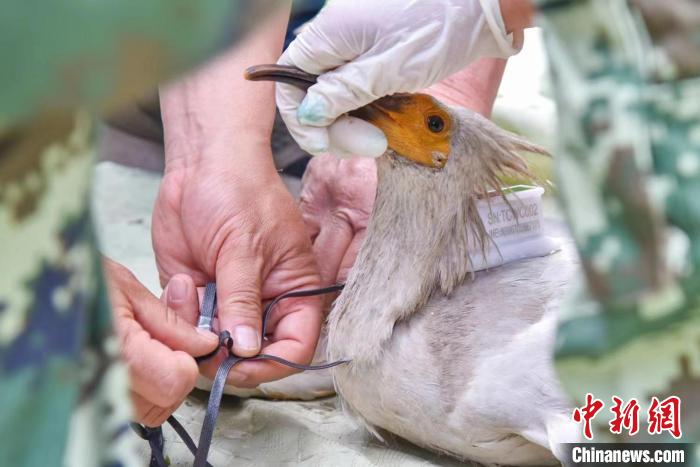
Guardians of crested ibises put a tracking device on a crested ibis born this year. (Photo/Shi Tonggang)
Credible sources show that Tongchuan city is the first place located to the north of the Qinling Mountains where crested ibises, an endangered bird species, have been released into the wild. In 2022, a total of 27 crested ibis chicks were born in nests built by 13 pairs of crested ibises atop trees in the wild in Yaozhou district of Tongchuan city.
In 2016, the forestry bureau of Yaozhou district designated 16 local villagers who were then living below the poverty line as crested ibis guardians, including Luo Jianli, who was 59 years old at the time.
Every morning, Luo would come to the wild animal protection station in Yaozhou district to prepare food for the birds. "The crested ibises are afraid of people, but not me, because I've been feeding them for a long time," said Luo.
A crested ibis guardian's duties include monitoring the birds, protecting them and keeping track of their activities.
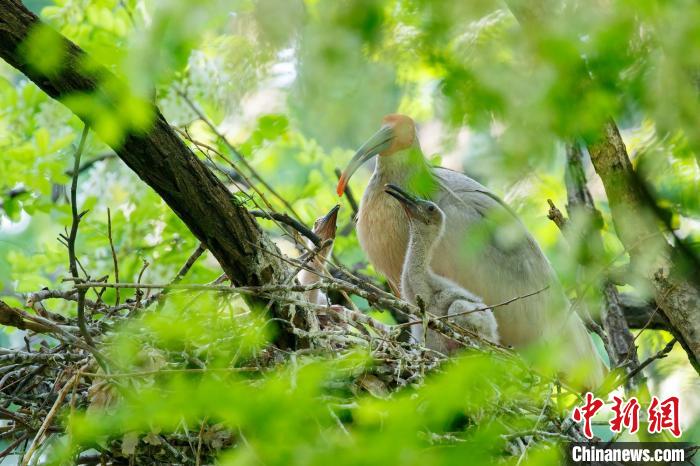
A crested ibis feeds its chicks in the nest atop a tree in Tongchuan city, northwest China's Shaanxi Province. (Photo/Shi Tonggang)
Between March and June every year, which is the breeding season of the birds, Luo and other guardians at the protection station always have their hands full checking on the nests and putting the nest areas under protection so that no human intervention can occur there.
They also wrap plastic around the tree trunks to prevent snakes from climbing the trees to eat the eggs and build protective nests underneath the birds' nests in case the chicks fall from the trees.
Today, the crested ibis has become a calling card for Tongchuan city. During the past nine years, the number of crested ibises born in Tongchuan has reached 163.
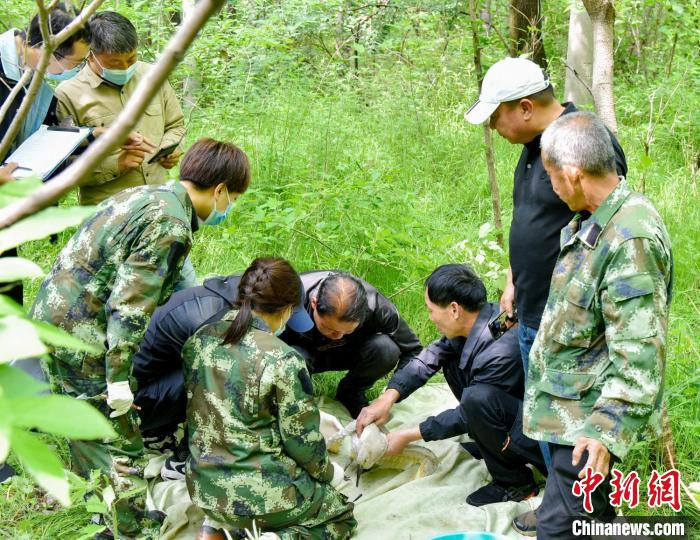
Guardians of crested ibises put a tracking device on a crested ibis born this year. (Photo/Shi Tonggang)
Photos
Related Stories
Copyright © 2022 People's Daily Online. All Rights Reserved.






